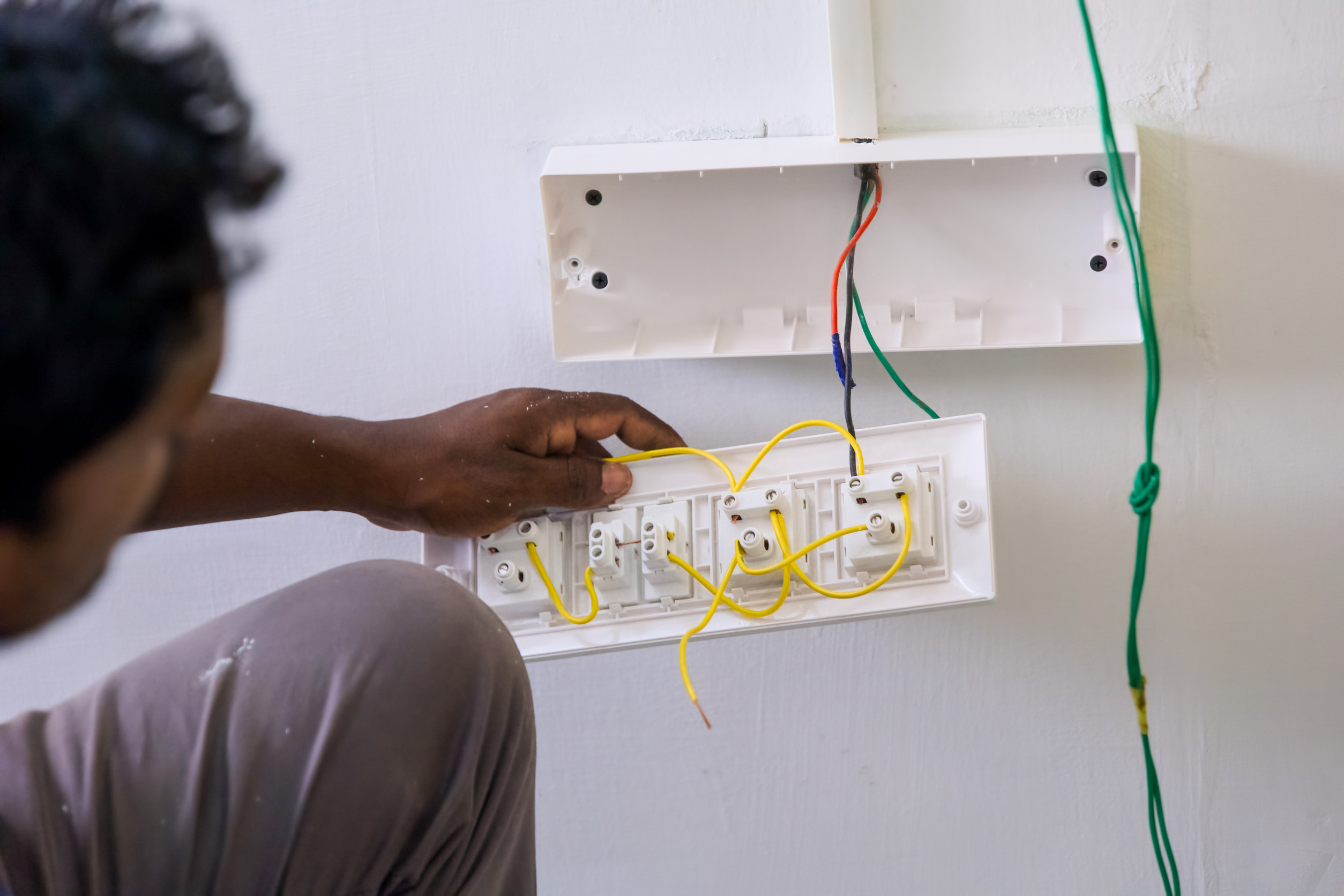
DIY home improvement projects can be satisfying and budget-friendly, but electrical work carries unique risks. When you take on wiring or panel upgrades yourself, it’s crucial to label everything correctly. Mislabeling your DIY electrical work might seem like a minor mistake, but it can lead to costly, dangerous, or even life-threatening consequences. Understanding what’s at stake can help you avoid problems down the road. Let’s break down why proper labeling is so important and what could happen if you get it wrong.
1. Increased Risk of Electrical Hazards
Mislabeling your DIY electrical work can directly lead to hazardous situations. If circuit breakers, outlets, or wires are incorrectly labeled, you or anyone else working on the system might accidentally cut the wrong power source. This can result in electric shock, short circuits, or even fires. Clearly marking circuits and wires ensures that power can be safely turned off before repairs or upgrades, keeping everyone safe.
Electrical fires are a serious concern. The National Fire Protection Association reports that electrical failures are a top cause of house fires. When your labeling is inaccurate, you increase the odds of mistakes that can spark a fire. Safety should always be your top priority, especially when dealing with electricity.
2. Complicating Future Repairs or Upgrades
If you mislabel your DIY electrical work, future repairs become much more difficult. Electricians rely on accurate labeling to quickly identify circuits and connections. If labels are missing or wrong, troubleshooting takes longer and costs more.
Even if you’re the only one working on your home’s wiring, you might forget details over time. Years later, you could be left guessing which breaker controls which outlet or light. This confusion often leads to trial-and-error, which is both frustrating and risky. Keeping your electrical system well-labeled saves time and headaches in the future.
3. Potential Code Violations and Inspection Failures
Proper labeling is part of the National Electrical Code (NEC) and local building regulations. If you mislabel your DIY electrical work, you could fail a home inspection. Inspectors verify the presence of clear and accurate circuit labeling on panels and junction boxes. Failing to meet these standards can delay the sale of your home or require expensive corrections.
Moreover, code violations could lead to fines or legal issues, especially if your work causes harm to someone else. If you plan to sell your home, expect buyers and inspectors to scrutinize your electrical system. Make sure your labeling is up to code to avoid unnecessary trouble.
4. Insurance Claim Denials
Homeowners’ insurance may not cover damages from improperly labeled or installed wiring. If a fire or accident occurs due to mislabeling, your insurer might deny your claim. Insurance companies often investigate the cause of electrical fires. Evidence of DIY mistakes can be grounds for refusing coverage.
This risk is especially high if you didn’t get a permit or inspection for your electrical work. Saving money up front by doing it yourself can backfire if you end up paying out of pocket for major repairs. Always document your work and follow proper procedures, including accurate labeling, to protect your investment.
5. Endangering Others in an Emergency
In an emergency, such as a fire or flooding, first responders may need to shut off power quickly. If your panel or circuits are mislabeled, they could waste precious time or even get hurt. Mislabeling your DIY electrical work doesn’t just affect you—it can put firefighters, paramedics, or future homeowners at risk.
Making sure your electrical system is clearly and correctly labeled is a simple way to help others stay safe in a crisis. It’s a small detail that can make a huge difference when every second counts.
6. Lowering Your Home’s Value
When buyers or inspectors notice poorly labeled electrical panels or confusing wiring, it raises red flags. Potential buyers may worry about hidden problems or unsafe work. This can lower your home’s market value or make it harder to sell.
Even if you’re not planning to move soon, it’s wise to think long-term. Proper labeling demonstrates that you’ve taken care with your DIY electrical work, giving future owners confidence in your home’s safety and reliability.
What You Should Do Before Starting DIY Electrical Work
Before you tackle any wiring project, research best practices for labeling. Use durable, legible labels and double-check your work to ensure accuracy. If you’re unsure, consult a licensed electrician. Many local codes provide specific guidance on how to label electrical panels and circuits correctly. Taking a little extra time to label your work now can prevent major headaches in the future.
Have you ever run into trouble with mislabeled wiring or electrical panels? Share your experience or tips in the comments below!
What to Read Next…
- The DIY Electrical Mistake That Causes 1 in 5 House Fires
- 6 Times DIY Electrical Work Resulted in Fire
- Which States Are Quietly Penalizing DIY Electrical Work?
- 8 DIY Mistakes That Could Land You in Court or Cost You a Fortune
- 10 DIY Hacks That Quietly Ruin Your Electrical Wiring
The post What Happens If You Mislabel Your DIY Electrical Work? appeared first on Clever Dude Personal Finance & Money.







